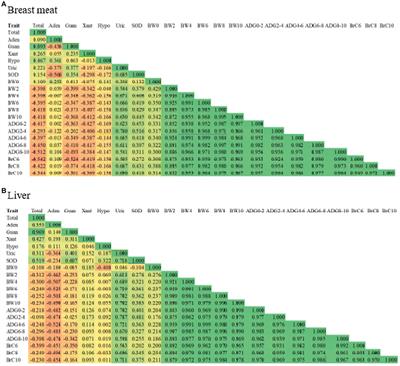EDITORIAL
Published on 01 Aug 2024
Editorial: Technologies in smallholder poultry development: characterization, utilization, conservation, improvement, waste management, and disease control volume II
doi 10.3389/fgene.2024.1465224
- 613 views
3,242
Total downloads
13k
Total views and downloads
EDITORIAL
Published on 01 Aug 2024
ORIGINAL RESEARCH
Published on 08 Jul 2024
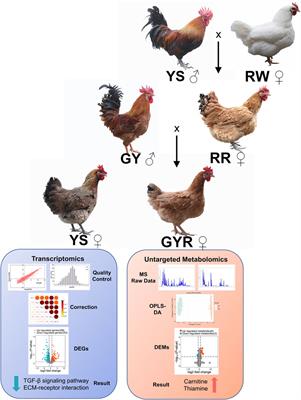
ORIGINAL RESEARCH
Published on 16 May 2024
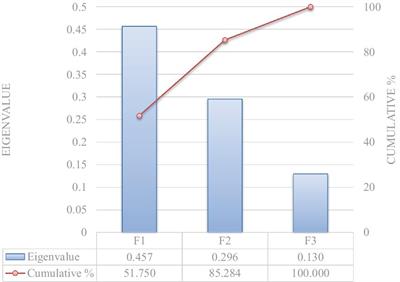
ORIGINAL RESEARCH
Published on 19 Apr 2024
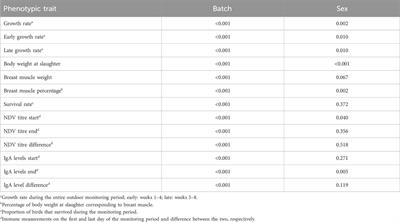
ORIGINAL RESEARCH
Published on 07 Mar 2024
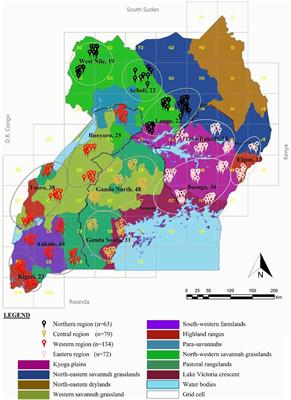
ORIGINAL RESEARCH
Published on 15 Feb 2024
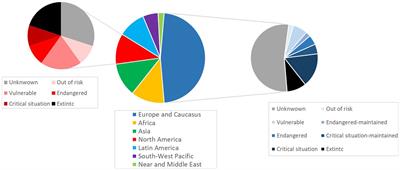
ORIGINAL RESEARCH
Published on 25 Sep 2023
